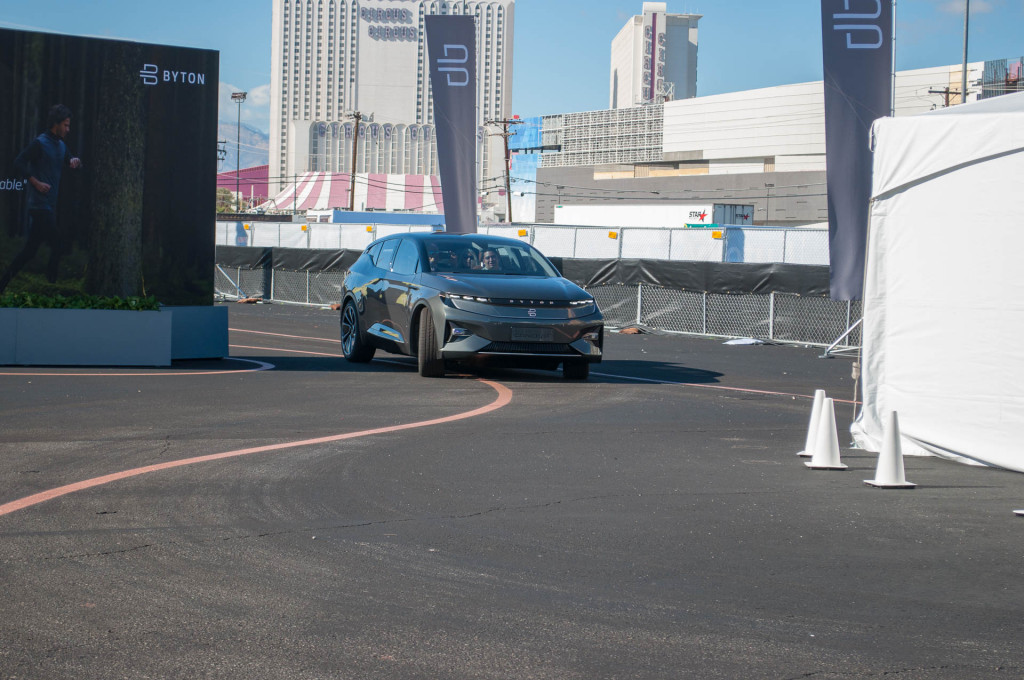Chinese startup Byton announced on Monday it will lean on Aurora, a U.S.-based self-driving technology company, to help incorporate Level 4 and Level 5 self-driving tech into its prototype and possibly its production cars.
Aurora has plenty of other partnerships with more established automakers, including Volkswagen and Hyundai, but Byton is an underdog that hopes to compete with the big boys. The electric-car startup hopes to be one of the first automakers to bring advanced self-driving cars to market. The plans will begin with two years of Level 4 technology tests in Byton vehicles, and the two companies will explore the use of Aurora's self-driving technology in Byton's production vehicles.
On the self-driving car scale, which ranges from 0 to 5, Level 4 self-driving cars are highly automated and can handle nearly all driving functions in almost all situations, but the human passenger still remains necessary as a failsafe, even with safeguards built in. Level 5 self-driving cars are completely automated and the car handles everything without the need for human intervention. These are the self-driving cars that passengers could potentially sleep in.
Hyundai said in its partnership with Aurora that it hopes to bring a Level 4 self-driving car to market by 2021. VW made a similar pledge in its Aurora partnership. Ahead of both is General Motors, which wants to roll out commercialized self-driving cars by 2019.

Byton concept first ride
Byton showed its first concept vehicle at the 2018 Consumer Electronics Show last January. The vehicle is all electric and promises around 200 miles of range from a 71-kwh lithium-ion battery. The startup company hopes to begin selling cars in China in 2019 with Europe and U.S. sales a year later. In our first ride in Byton's prototype car, we walked away with a bit of a pie-in-the-sky feeling. Adding self-driving capability to the company's aspirations marks yet another challenge.